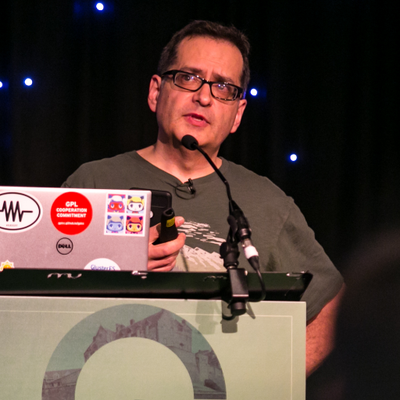
Richard is Senior Commercial Counsel on the Products and Technologies team in Red Hat's legal department. Most of his work focuses on open source-related legal issues.

Richard is Senior Commercial Counsel on the Products and Technologies team in Red Hat's legal department. Most of his work focuses on open source-related legal issues.
Authored Comments
To the extent that this is specifically a criticism of GitHub, I think you're exaggerating what is at most a small problem. I spend a fair amount of time perusing GitHub repositories and it is rare that I don't see some global indication of a license (this is the sort of thing I naturally look for first since IAAL).
On the other hand, one does encounter annoying cases of publicly-available software with no clear licensing information (where a vague intent for the software to be 'open source' is likely present) but it is hardly unique to GitHub and may well be less frequently encountered on GitHub.
BTW there are also cases where not including a license is entirely justifiable. I'll give you an example of something I put on GitHub (with helpful fixes from my colleague Brett Lentz), a quickstart for getting a Showoff presentation running on OpenShift:
https://github.com/richardfontana/showoff-openshift-quickstart
I initially included a copy of CC0, but as you can see here
https://github.com/richardfontana/showoff-openshift-quickstart/commit/0a78aaa95044f33f58f9f731a2123830afea8715
I deleted it, deciding it was offensive to even suggest something as trivial as this little quickstart was copyrightable and worthy of the complex license-and-waiver of CC0.
While I'm sure you have more substantial material in mind, I do not believe GitHub should mandate inclusion of an open source license if only because there will be some cases where a license is superfluous at best.
Talend's and Pentaho's enterprise editions are not provided under the GPL, but under proprietary commercial licenses. Thus it is rather inaccurate to suggest that they are "free software companies". See:
http://www.talend.com/products-data-integration/matrix.php
http://community.pentaho.com/faq/general.php
Red Hat has a very different business/software licensing model.